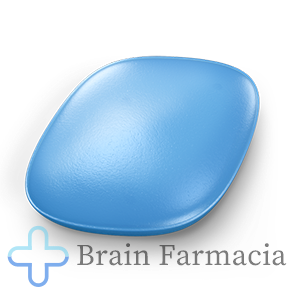Understanding Hypertension
What is Hypertension?
Hypertension, also known as high blood pressure, is a chronic medical condition characterized by the excessive force of blood against the walls of the arteries. This condition puts extra strain on the heart and can lead to serious health complications if left untreated. Hypertension is often referred to as a \"silent killer\" because it usually does not present any symptoms, but can significantly increase the risk of heart disease, stroke, and other cardiovascular problems.
Causes and Risk Factors
There are two main types of hypertension: primary (essential) hypertension and secondary hypertension. In most cases, the exact cause of primary hypertension is unknown. However, several risk factors can contribute to its development, including genetics, age, race, lifestyle choices (such as unhealthy diet, lack of physical activity, tobacco use, and alcohol consumption), as well as certain medical conditions (such as obesity, diabetes, and kidney disease).
Secondary hypertension, on the other hand, is caused by an underlying medical condition or medication. Common causes of secondary hypertension include kidney problems, hormonal disorders (such as hyperthyroidism or Cushing's syndrome), certain medications (such as nonsteroidal anti-inflammatory drugs or oral contraceptives), as well as illegal drug use (such as cocaine or amphetamines).
Treatment Options for Hypertension
Lifestyle Modifications
For individuals with mild to moderate hypertension, lifestyle changes can play a significant role in managing blood pressure levels. These include adopting a healthy diet, low in sodium and saturated fat, while rich in fruits, vegetables, whole grains, and lean proteins. Regular physical activity, such as aerobic exercises and strength training, can also help control hypertension. Additionally, minimizing alcohol consumption, quitting smoking, and managing stress through relaxation techniques, like meditation or yoga, are beneficial lifestyle modifications for hypertension management.
Medications
In some cases, lifestyle modifications alone may not be sufficient to control blood pressure. In such instances, healthcare providers may prescribe medications to help lower blood pressure. There are several classes of antihypertensive drugs available, including diuretics, beta-blockers, ACE inhibitors, angiotensin receptor blockers, and calcium channel blockers. The choice of medication will depend on various factors, such as the severity of hypertension, associated medical conditions, and individual patient characteristics.
It is important to note that hypertension is a chronic condition that requires ongoing management. Regular monitoring of blood pressure, adherence to medication regimens, and follow-up visits with healthcare providers are essential for successfully managing hypertension and reducing the risk of associated complications.






